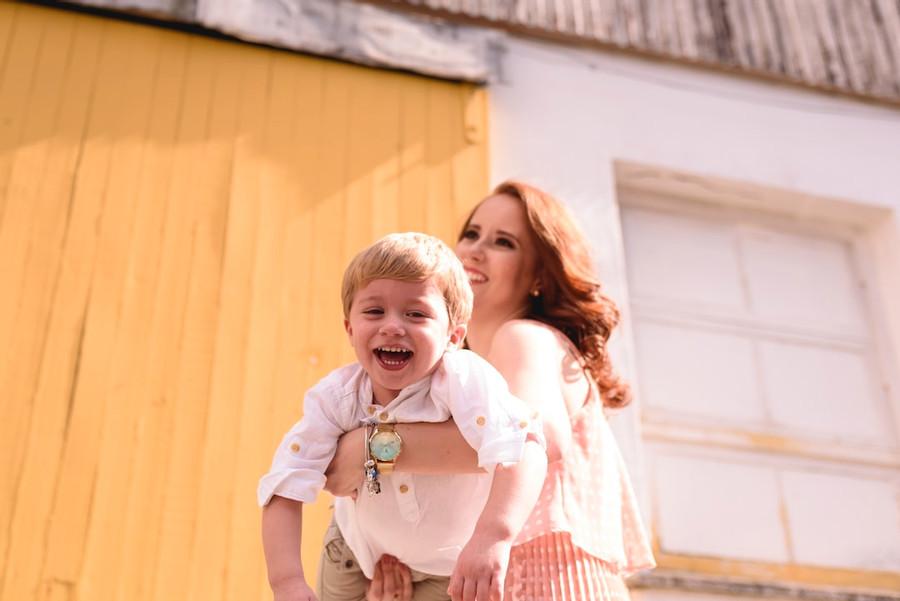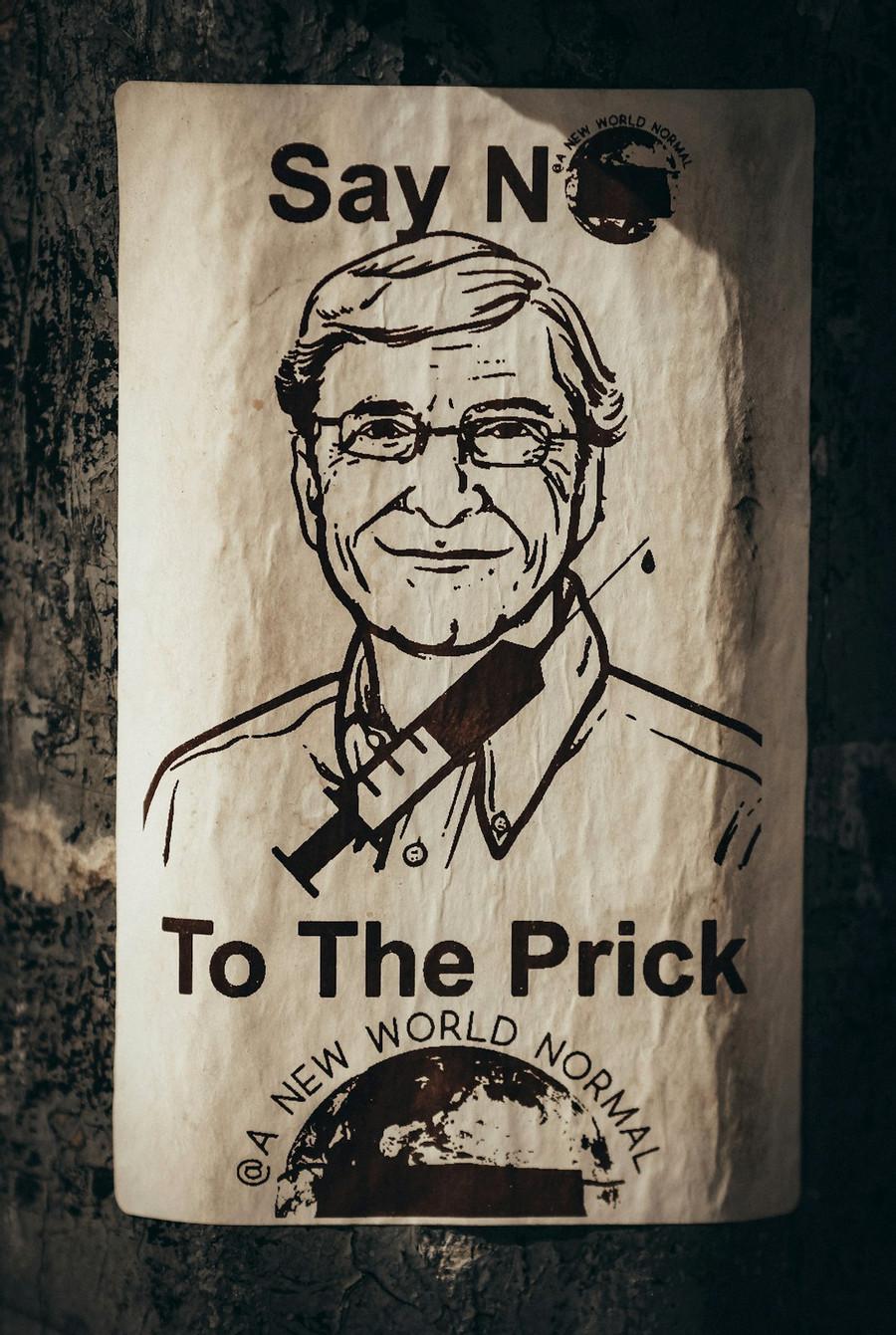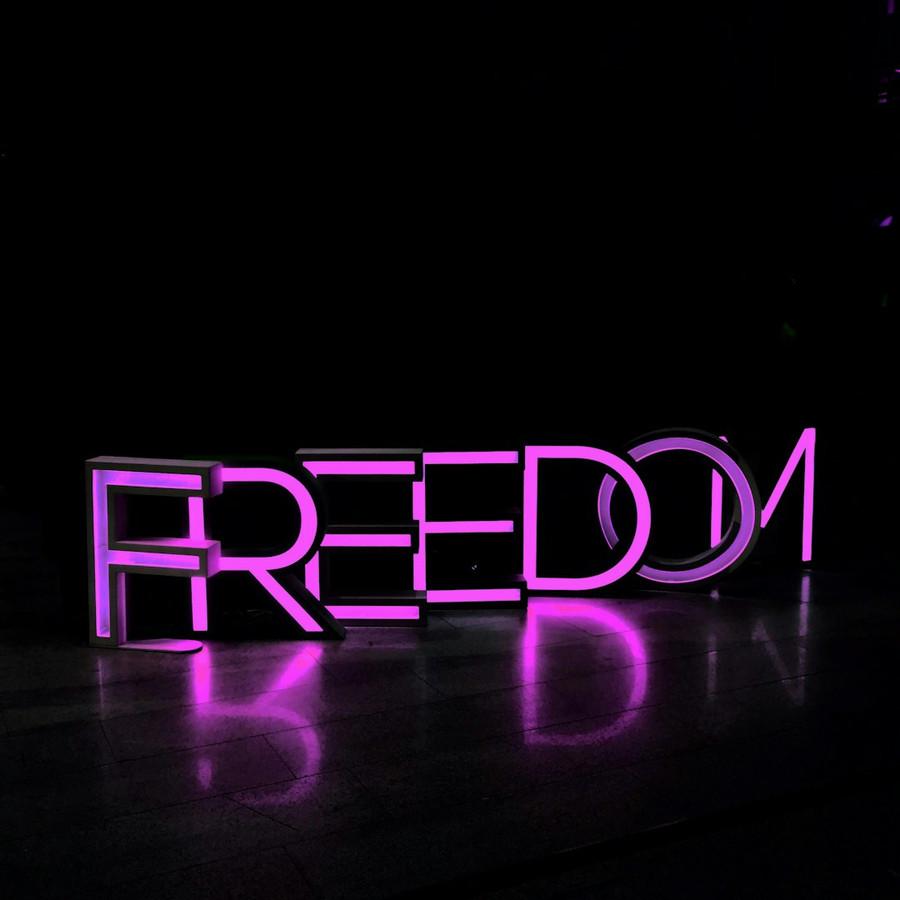RD x's Key Ideas from The Subtle Art of Not Giving a F*ck
by Mark Manson
Ideas, facts & insights covering these topics:
8 ideas
·6.73K reads
73
4
Explore the World's Best Ideas
Join today and uncover 100+ curated journeys from 50+ topics. Unlock access to our mobile app with extensive features.
How Consumerism Works
Everyone and their TV commercial want you to believe that the key to a good life is a more admirable job, a more rugged car, a prettier girlfriend, or a hot tub with an inflatable pool for the kids. The world constantly tells you that the path to a better life is more, more, more—buy more, own more, make more, f*ck more, be more. You are constantly bombarded with messages to give a f*ck about everything, all the time. Give a f*ck about a new TV. Give a f*ck about having a better vacation than your coworkers. Give a f*ck about buying that new lawn ornament. Give a f*ck about the latest gadget.
65
1.1K reads
Why They Do So?
“My guess: because giving a f*ck about more stuff is good for their business.
And while there’s nothing wrong with good business, the problem is that giving too many f*cks is bad for your mental peace & health. It causes you to become overly attached to the superficial and fake, to dedicate your life to chasing a mirage of happiness and satisfaction.
The key to a good life is not giving a f*ck about more; it’s giving a f*ck about less, giving a f*ck about only what is true and immediate and important.”
-Mark Manson.
72
978 reads
About Suffering
Life itself is a form of suffering.
The rich suffer because of their riches.
The poor suffer because of their poverty.
People without a family suffer because they have no family.
People with a family suffer because of their family.
People who pursue worldly pleasures suffer because of their worldly pleasures.
People who abstain from worldly pleasures suffer because of their abstention.
This isn’t to say that all suffering is equal. Some suffering is certainly more painful than other suffering. But we all must suffer nonetheless.
71
875 reads
Where Happiness Comes From?
Happiness comes from solving problems. The keyword here is “solving.” If you’re avoiding your problems or feel like you don’t have any problems, then you’re going to make yourself miserable. If you feel like you have problems that you can’t solve, you will likewise make yourself miserable. The secret sauce is in the solving of the problems, not in not having problems in the first place.
To be happy we need something to solve. Happiness is therefore a form of action; it’s an activity, not something that is passively awarded to you, not something that you magically discover in a top G-articles.
85
810 reads
Happiness is a Continuous Activity
Happiness is a constant work-in-progress, because solving problems is a constant work-in-progress—the solutions to today’s problems will lay the foundation for “tomorrow’s problems, and so on. True happiness occurs only when you find the problems you enjoy having and enjoy solving.
Sometimes those problems are simple: eating good food, traveling to some new place, winning at the new video game you just bought. Other times those problems are abstract and complicated: fixing your relationship with your mother, finding a career you can feel good about, developing better friendships.
66
706 reads
You Are Not Special
Truth is that there’s no such thing as a personal problem. If you’ve got a problem, chances are millions of other people have had it in the past, have it now, and are going to have it in the future. Likely people you know too. That doesn’t minimize the problem or mean that it shouldn’t hurt. It doesn’t mean you aren’t legitimately a victim in some circumstances.
It just means that you’re not special.
67
760 reads
Anti Entitlement
The rare people who do become truly exceptional at something do so not because they believe they’re exceptional. On the contrary, they become amazing because they’re obsessed with improvement. And that obsession with improvement stems from an unerring belief that they are, in fact, not that great at all.
It’s anti-entitlement.
People who become great at something become great because they understand that they’re not already great—they are mediocre, they are average—and that they could be so much better.
78
752 reads
Freedom Through Commitment
Consumer culture is very good at making us want more & more. Underneath all the hype & marketing is the implication that more is always better. I bought into this idea for years. Make more money, visit more countries, and have more experiences.
More is not always better. In fact, the opposite is true. We are actually often happier with less. When we’re overloaded with options, we suffer from what psychologists call the paradox of choice.
The more options we’re given, the less satisfied we become with whatever we choose because we’re aware of all the other options we’re potentially forfeiting.
70
741 reads
IDEAS CURATED BY
CURATOR'S NOTE
A counterintuitive Approach to a good life, Helps us to be Happier, Stronger. Stop trying to be positive all the time.
“
Curious about different takes? Check out our The Subtle Art of Not Giving a F*ck Summary book page to explore multiple unique summaries written by Deepstash users.
RD x's ideas are part of this journey:
Learn more about books with this collection
How to choose the right music for different tasks
The benefits of listening to music while working
How music affects productivity
Related collections
Different Perspectives Curated by Others from The Subtle Art of Not Giving a F*ck
Curious about different takes? Check out our book page to explore multiple unique summaries written by Deepstash curators:
3 ideas
2 ideas
1 idea
Discover Key Ideas from Books on Similar Topics
17 ideas
Unfu*k Yourself
Gary John Bishop
21 ideas
Unfu*k Yourself
Gary John Bishop
6 ideas
Unoffendable
Brant Hansen
Read & Learn
20x Faster
without
deepstash
with
deepstash
with
deepstash
Personalized microlearning
—
100+ Learning Journeys
—
Access to 200,000+ ideas
—
Access to the mobile app
—
Unlimited idea saving
—
—
Unlimited history
—
—
Unlimited listening to ideas
—
—
Downloading & offline access
—
—
Supercharge your mind with one idea per day
Enter your email and spend 1 minute every day to learn something new.
I agree to receive email updates







